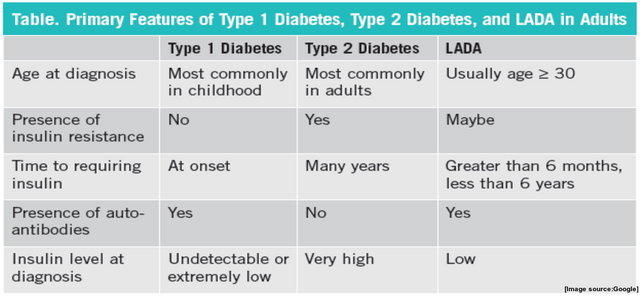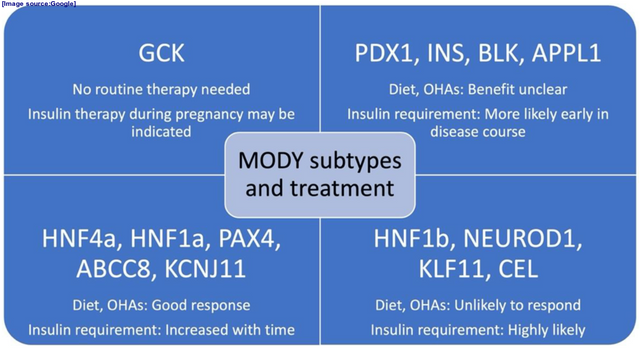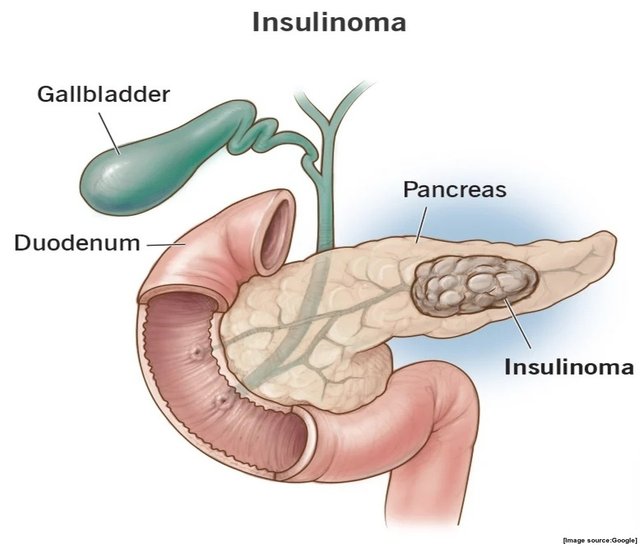
Diabetes mellitus, commonly known as diabetes, is a well-recognized chronic condition characterized by high blood sugar levels. However, there are other conditions, often referred to as "diabetes-like illnesses," that share similar symptoms and complications but are distinct from traditional diabetes. These conditions pose unique challenges in diagnosis and management, necessitating a comprehensive understanding of their underlying mechanisms. This article explores some of these diabetes-like illnesses, shedding light on their distinct characteristics, potential causes, and current research advancements.
Latent Autoimmune Diabetes in Adults (LADA):
.png)
Latent Autoimmune Diabetes in Adults (LADA) is a form of diabetes that shares features with both type 1 and type 2 diabetes. LADA typically presents in adulthood and is characterized by the gradual destruction of insulin-producing beta cells, similar to type 1 diabetes. However, unlike type 1 diabetes, LADA initially responds to oral medications before progressing to insulin dependence. Individuals with LADA often face challenges in receiving an accurate diagnosis due to its overlapping symptoms with type 2 diabetes. Understanding the autoimmune nature of LADA is crucial for appropriate treatment strategies and optimal glycemic control.
Maturity-Onset Diabetes of the Young (MODY):
.png)
Maturity-Onset Diabetes of the Young (MODY) refers to a group of monogenic forms of diabetes that manifest in young individuals, usually before the age of 25. MODY is caused by specific gene mutations that disrupt normal insulin production and release, leading to impaired glucose regulation. Unlike type 1 and type 2 diabetes, MODY is inherited in an autosomal dominant pattern, meaning a person only needs to inherit a single mutated gene from one parent to develop the condition. Precise genetic testing is essential in diagnosing MODY to facilitate tailored management strategies, as the treatment approach may differ from traditional diabetes management.
Gestational Diabetes Mellitus (GDM):
.jpg)
Gestational Diabetes Mellitus (GDM) is a unique form of diabetes that occurs during pregnancy. It is characterized by high blood sugar levels that develop or are first recognized during pregnancy. GDM affects approximately 7% of pregnancies and poses risks to both the mother and the baby. While GDM usually resolves after childbirth, women with a history of GDM have an increased risk of developing type 2 diabetes later in life. Appropriate screening, lifestyle modifications, and sometimes medication are necessary to manage GDM effectively and reduce associated complications.
Insulinoma and Other Pancreatic Disorders:

In some cases, diabetes-like symptoms can be caused by disorders of the pancreas, such as insulinomas. Insulinomas are rare pancreatic tumors that produce excessive amounts of insulin, leading to persistent hypoglycemia. The excessive insulin production can mimic the symptoms of diabetes, including weakness, sweating, and dizziness. Accurate diagnosis and prompt surgical intervention are crucial to manage these pancreatic disorders effectively.
Conclusion of Diabetes Like Illnesses
Diabetes-like illnesses encompass a diverse range of conditions that share similarities with traditional diabetes but have distinct characteristics and underlying mechanisms. Recognizing these conditions beyond the conventional diabetes mellitus is essential for accurate diagnosis and appropriate management strategies. With ongoing research and advancements in genetics, immunology, and diagnostic techniques, healthcare professionals can better understand and address these conditions, leading to improved outcomes for individuals affected by diabetes-like illnesses.
|
|
Source